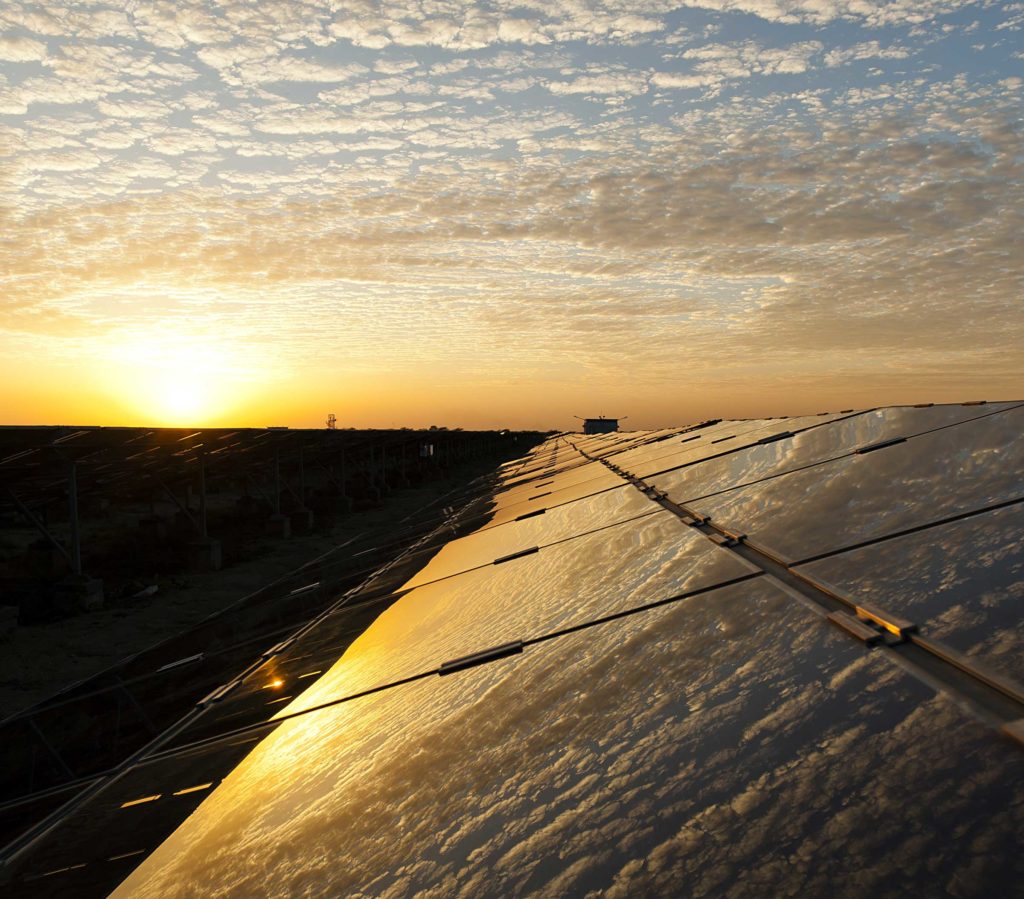As Janet Yellen’s recent visit loomed, discussions surrounding China’s excess capacity and cheap exports gained traction. Some speculate her visit aimed to leverage these issues, seeking positive support amid U.S. inflation management.
Industry Competitiveness: A Critical Analysis
Amidst the perplexing global financial landscape, critical questions arise concerning industrial competitiveness:
- Does China’s robust advanced manufacturing sector, including solar energy, necessitate supply-side reforms?
- Is long-term cheap production sustainable and beneficial for the nation?
- Are claims of insufficient advanced capacity valid when production exceeds demand by over 50%?
Confronting Capacity Surplus in the Solar Sector
While advancements like larger silicon wafer sizes and enhanced cell efficiency have reduced costs, they remain significantly distant from price drops. Despite a surge in solar installations over the past two years, the primary materials segment faces universal losses, signaling a surplus dilemma.
China’s supply in key materials surpasses 1000GW+, while global component demand for 2024 is estimated at 636-715GW, indicating a surplus of over 50%. This surplus exacerbates the ongoing price war, driven by newcomers and industry leaders alike vying to maintain market share.
Root Causes and Unique Characteristics of Overcapacity
The current surplus stems from a confluence of historical factors and industry transformations. However, this phase, while challenging, could also herald a phoenix-like rebirth.
Externally, the surge in stock market IPO financing has allowed industries to easily expand capacity, further fueled by local governments’ climate commitments. Internally, technological iterations since 2021 have compelled both newcomers and established players to ramp up capacity, intensifying the surplus risk.
Vertical integration, dominant since 2020, mirrors past capacity replication, deepening the surplus issue. Moreover, global carbon neutrality goals have driven increased demand for solar, attracting substantial capital inflow.
Imperatives for Supply-Side Reforms
Failure to implement supply-side reforms could lead to dire consequences:
- Industry-Wide Losses: In the absence of reforms, sustained market competition will lead to universal losses, requiring substantial state support.
- Energy Subsidies: China’s substantial energy expenditure to support overseas markets will strain domestic resources, undermining economic stability.
- Trade Protectionism: Excessive capacity may prompt trade protection measures, hindering industry innovation and exacerbating global trade tensions.
- Resource Misallocation: Excessive competition could divert resources from crucial economic sectors, impeding long-term stability and growth.
Charting a Path Forward
Supply-side reforms offer a viable solution to address these challenges, enhancing global competitiveness and fostering sustainable growth:
- Strategic Planning: Implement top-down capacity planning, curbing blind expansion and promoting technological iteration.
- Regulatory Oversight: Centralize approval for new capacity planning under the National Development and Reform Commission (NDRC).
- Technology Integration: Prioritize capacity construction for firms with proven technological prowess, discouraging speculative investments.
- Mergers and Acquisitions: Encourage industry consolidation to streamline capacity expansion and mitigate competition.
Striving for Market Rationalization
While official stances favor market-driven solutions, recent trends suggest otherwise. Unprecedented IPOs and local government interventions underscore the need for prudent regulation. Addressing these challenges demands a delicate balance between market dynamics and regulatory oversight. China’s solar industry, poised for global leadership, requires strategic reforms to ensure sustained growth and international competitiveness.
Despite the sector’s current challenges, optimism prevails regarding its future prospects and China’s enduring industrial leadership. As the industry undergoes a transformative phase, decisive policy measures are crucial to secure a brighter tomorrow.
Source:pvmen.com





